Artificial intelligence (AI) has made remarkable breakthroughs in recent years, and its effect is being seen in practically every industry. One area where AI is having a huge influence is software development. With the emergence of strong technologies like GPT-4, which can create very sophisticated code, many people are questioning if software developer positions would be overtaken by machines. This is a real issue, as AI has already begun to automate many portions of the software development process.
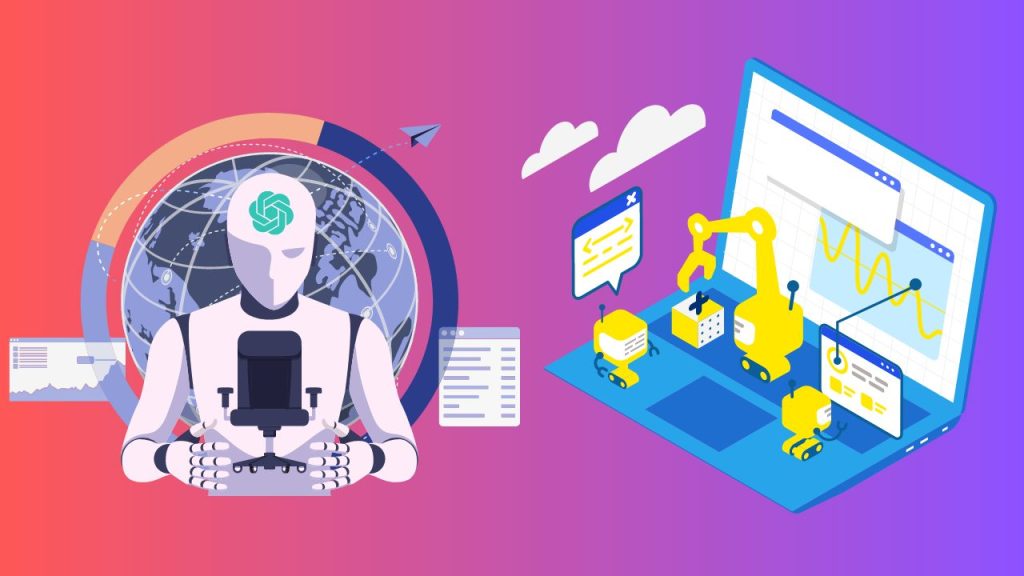
In this piece, we’ll investigate the possible influence of GPT-4 and other AI technologies on software developer careers. We’ll explore at the merits and downsides of employing AI in software development, and evaluate the skills that will be necessary for software engineers to remain relevant in a more automated environment.
Read More : C++ or Java | Which coding language to learn in 2023 ?
The growth of AI and machine learning in software development
Artificial Intelligence (AI) and Machine Learning (ML) have been around for quite some time, but there has been a recent boom in their popularity and utilization in the field of software development. The application of AI and ML in software development has made it simpler for developers to construct complicated systems, analyze data, and automate procedures. AI and ML can aid in lowering the amount of time and effort necessary to construct particular software applications. It can also aid in enhancing the accuracy and dependability of the program.
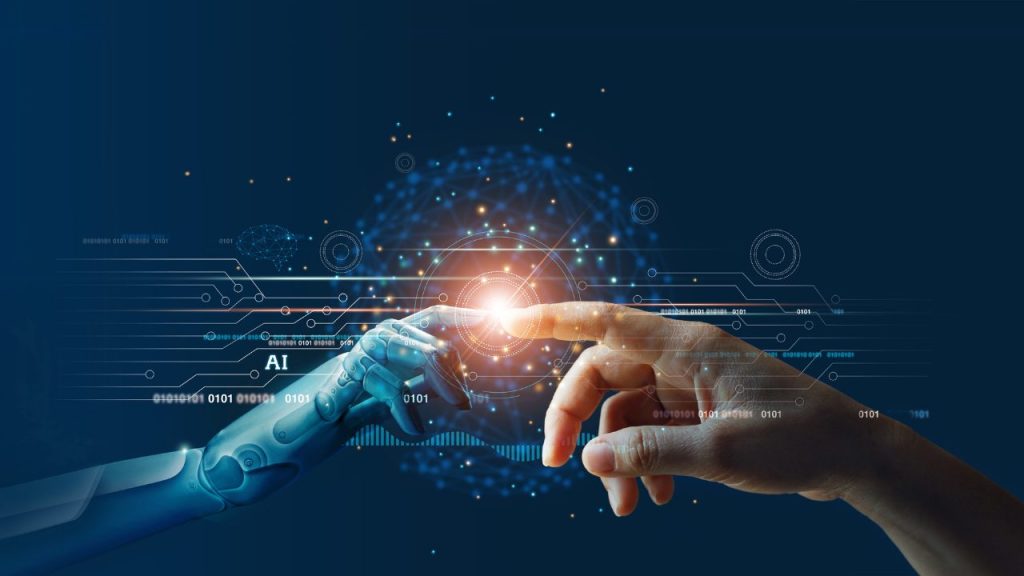
However, this has also led to fears over whether software development positions would be supplanted by AI and ML. While it is true that AI and ML have the ability to automate many operations that developers presently undertake, it is unlikely that they will totally replace software developers.
Software development includes a wide range of activities, including problem-solving, critical thinking, and creativity, which are talents that cannot be simply copied by AI and ML. Software developers are also responsible for understanding the demands of the consumers and providing solutions that suit those needs. AI and ML may undoubtedly aid with this process, but they cannot replace the human intuition and empathy necessary to really grasp consumer demands.
Furthermore, AI and ML are not flawless. They require a substantial quantity of training data to work well, and they can make mistakes if the data they are trained on is biased or incomplete. This implies that developers will still be necessary to manage the development process and guarantee that the product is running effectively.
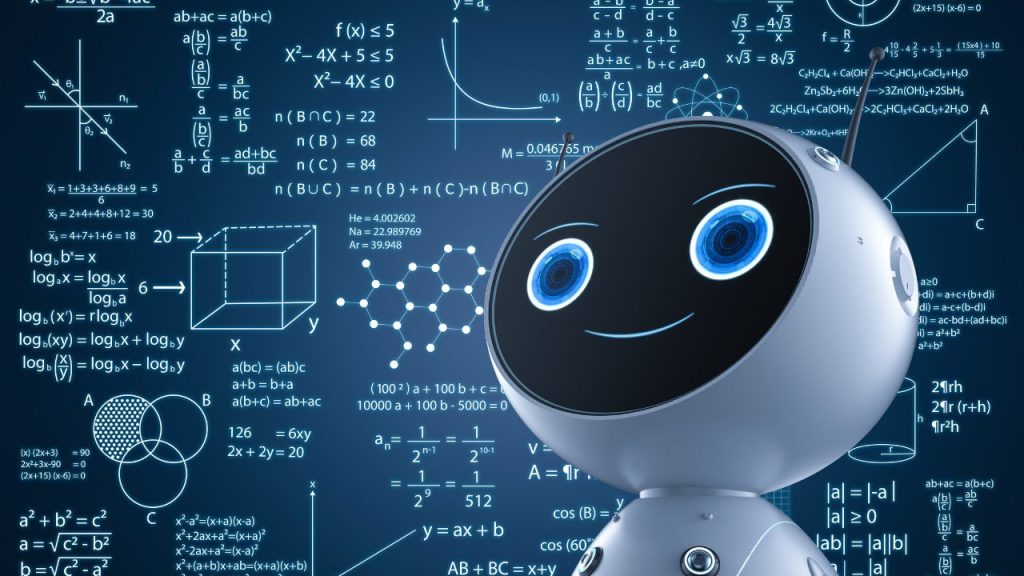
In summary, while AI and ML will surely affect the field of software development, it is doubtful that they will totally replace software professionals. Instead, they will aid developers in automating specific operations and boosting the accuracy and dependability of software programs. Developers will continue to be vital in developing and creating software that fulfills the demands of consumers and ensuring that it operates appropriately.
The probable influence of GPT-4 on software development
GPT-4, the future AI language model, has been causing quite a stir in the computer industry lately. With its capacity to grasp human language and write meaningful text, many are questioning how GPT-4 will effect the software development business.
One possible consequence is the automation of some programming chores. This might possibly replace certain software development positions, particularly those connected to tedious or repetitive work. GPT-4 may simply produce code, hence saving the time and effort required by developers.

However, it’s vital to remember that GPT-4 is not capable of understanding the rationale behind the code it creates. It can only produce code based on patterns it has learnt from the huge quantity of data it has been trained on. Therefore, it’s doubtful that GPT-4 will totally replace human software writers very soon.
In reality, GPT-4 might really be a beneficial tool for software engineers. It can help them produce code and automate some operations, allowing up more time for them to focus on more sophisticated and creative elements of software development. Ultimately, GPT-4 might increase the productivity and efficiency of the software development industry rather than replace it.
The strengths and limits of AI in software development
Artificial Intelligence (AI) has made tremendous breakthroughs in recent years, and its application in software development has been a topic of discussion among professionals. While AI may automate some portions of software development, it cannot replace the function of a software engineer fully.
AI may aid in activities like as coding, testing, debugging, and even producing code depending on particular factors. However, AI lacks the creativity and problem-solving talents that human creators possess. Software development includes much more than just writing code. It entails understanding the user’s needs, finding solutions, and building software that is useable and efficient. These activities demand critical thinking and creativity, which are yet beyond the capabilities of AI.

Furthermore, AI relies on data to learn and make judgments. Therefore, it can only function within the parameters defined by the data it has been trained on. This means that AI cannot perform activities that demand intuition or decision-making abilities that are beyond the data accessible to it.
In conclusion, AI has its limitations when it comes to software development. While it can automate some activities, it cannot replace the function of a software developer fully. Software development involves creativity, critical thinking, and problem-solving skills that are yet beyond the capabilities of AI. However, AI may be a useful tool for software engineers, allowing them to work quicker and more efficiently.
Will AI replace software developers?
The emergence of AI and GPT-4 has prompted a discussion surrounding whether or not software developers will be replaced. While it’s true that AI can currently write basic software in some circumstances, it’s doubtful that AI will replace software professionals totally.
AI and GPT-4 are not capable of replace the human part in software creation. While they can write code, they lack the creativity, problem-solving abilities, and expertise that human software engineers bring to the table.
Moreover, software development is not simply about creating code. A software developer has to understand the business requirements, user experience, and design principles to produce a successful product. This demands a degree of critical thinking, communication skills, and teamwork that AI is not yet capable of accomplishing.

Instead of displacing software engineers, AI technologies will certainly complement human talents. Developers may utilize AI to automate common processes and minimize the amount of time spent on debugging and testing. This will enable software engineers to focus on more complicated jobs that demand human interaction and creativity.
In conclusion, AI and GPT-4 are unlikely to replace software developers. While AI can automate some jobs, software development requires human skills and expertise that cannot be recreated by AI. Instead, AI will likely improve the talents of software engineers and lead to more efficient and successful software development methods.
The role of humans in software development and the future of work
As Artificial Intelligence (AI) continues to evolve and the capabilities of natural language processing (NLP) expand, it’s fair that some people may question if software developer professions would become redundant. While AI may be trained to perform many activities, there are still many areas where human interaction is essential.
While AI can replace the more tedious and repetitive processes in software development, there are still some tasks that require creativity and intuition. Human developers are still needed to design software systems, implement sophisticated algorithms, and construct intuitive user interfaces.

Moreover, the future of work may not necessarily be the total replacement of humans by robots, but rather a partnership between the two. As AI grows more competent, it may take on more of the heavy work in software development, freeing people to focus on more creative activities and decision-making.
It’s also worth remembering that AI and software development are not stationary industries. As AI continues to advance, so too will the role of humans in software development. Developers will need to adapt and upskill to be competitive in the labor market.
In summary, while AI will surely transform the landscape of software development, it’s doubtful that it will replace human engineers totally. The future of work may instead be a cooperation between humans and technology, with both playing to their strengths.
How AI and machine learning may aid software developers
AI and machine learning can be tremendous aids to software engineers. They can assist automate monotonous processes and uncover flaws and other issues that might be difficult for people to spot. Machine learning algorithms may also be used to evaluate massive datasets and uncover patterns that might help engineers make better decisions.
One of the main benefits of AI and machine learning in software development is the potential to eliminate mistakes and increase quality. By employing automated tools and clever algorithms, developers may discover flaws before they become major problems, which can save a lot of time and work in the long run.

Another area where AI and machine learning might aid software engineers is in testing and validation. These technologies can assist automate the process of running test scenarios and discovering possible flaws, which can let developers focus on more critical work.
Overall, while AI and machine learning may not replace software engineers totally, they may surely support them in their work and help them become more efficient and productive in their employment. As technology continues to grow, it’s possible that we’ll see more and more usage of these technologies in software development.
Read More : Top 10 Mind Blowing Artificial Intelligence Tools In 2023
The significance of upskilling and lifelong learning in the IT industry
The IT business, like many other industries, is continually developing and changing. With the emergence of AI and GPT-4, some may fear that software developer positions may be supplanted in the future. However, it’s crucial to remember that technology is only as good as the people who produce it. In order to stay relevant in the business and to keep ahead of any possible job displacement, upskilling and lifelong learning are vital.
Upskilling refers to the process of gaining new skills or upgrading current ones. This might be learning a new programming language, mastering a new software tool, or comprehending new development processes. By regularly upskilling, software engineers may guarantee that they are equipped with the newest knowledge and abilities to produce cutting-edge technology.
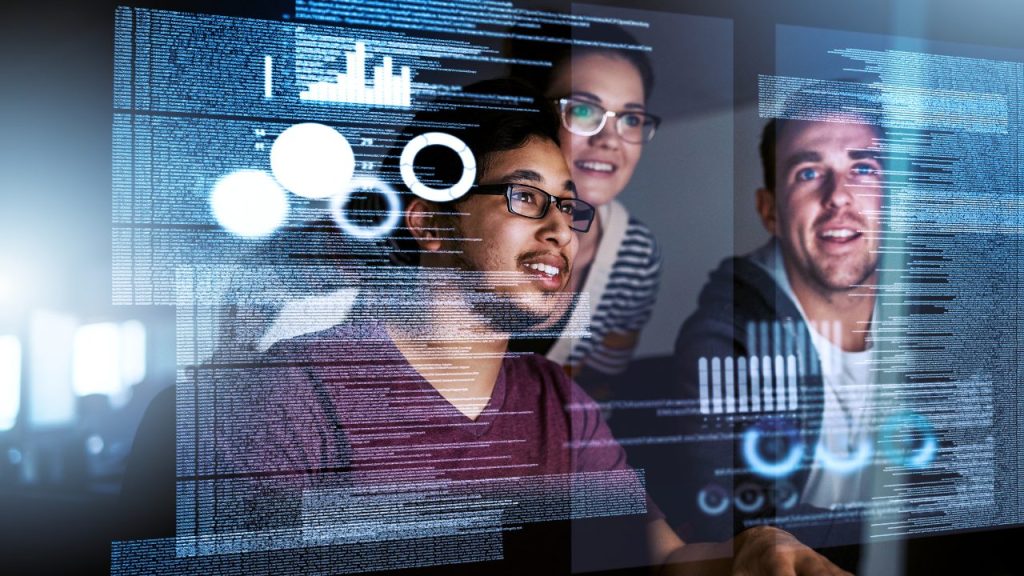
Lifelong learning is very vital in the tech business. It’s not just about acquiring new skills, but also about being up-to-date on industry trends and breakthroughs. This might involve visiting conferences and seminars, reading industry publications, or engaging in online forums and communities.
By putting time and effort into upskilling and lifetime learning, software engineers may stay competitive in the job market and ensure that they are constantly in demand. Additionally, it’s crucial for organizations to invest in the continual training and development of their staff to stay ahead of the curve in the market. The work market may change, but with a dedication to learning and growth, software engineers may continue to prosper in the digital business.
The potential benefits of AI in software development
The growth of AI and GPT-4 in the field of software development has caused a lot of debate and speculation regarding the future of software developer jobs. While some may fear that AI may replace human skillsets, others see this technology as a chance to enhance the job of developers and create more sophisticated software systems.

One of the key benefits of AI in software development is its capacity to automate repetitive operations. AI technology may take over jobs like debugging, testing, and even creating basic code, allowing engineers to focus on more sophisticated tasks that demand human ingenuity and problem-solving abilities. This can help developers become more effective and productive, leading to faster development periods and higher quality software.
AI can also assist developers find and correct flaws and faults in software code more quickly and accurately than humans. This can save time and money and assist to avoid costly mistakes from sliding through the gaps.
Another advantage of AI in software development is its capacity to evaluate massive volumes of data and generate predictions based on that data. This may be particularly valuable in fields like machine learning and data science, where developers need to work with sophisticated algorithms and datasets.
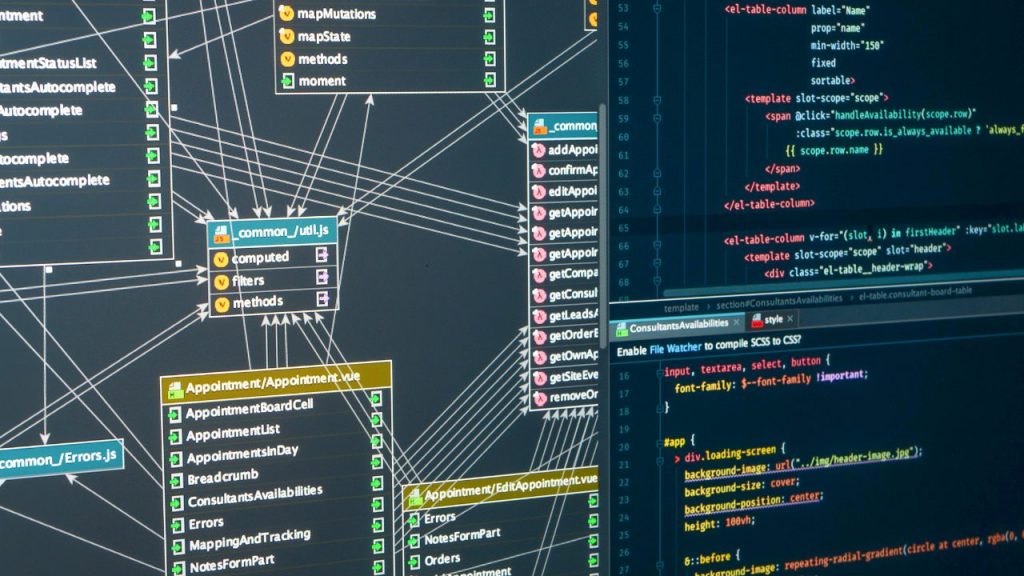
Overall, while there may be concerns regarding the influence of AI on software development jobs, it’s obvious that there are numerous potential benefits to be achieved from this technology. By embracing AI and working alongside it, developers may better their abilities, speed up development timelines, and create more sophisticated and inventive software solutions.
Possible obstacles and ethical issues in the usage of AI in software development
The use of AI in software development is an intriguing potential, but it is not without its obstacles and ethical implications. One of the major worries is the possible loss of jobs in the industry. While AI can automate certain processes, it cannot replace the creativity and critical thinking skills of human software engineers. It is vital to remember that AI is a tool to support and develop human talents, not a replacement for them.
Another difficulty is the potential biases in the data utilized to train the AI algorithms. If the data set used for training is biased, then the AI model will likewise be prejudiced, resulting to possible discrimination or injustice in the software it creates. It is crucial for developers to be aware of these possible biases and attempt to mitigate them.

Ethical problems also come into play when employing AI in software development. For example, if an AI model is used to make decisions that influence people’s lives, such as in employment or loan approval procedures, there needs to be openness and accountability in how the AI model arrives at its judgments. It is also crucial to guarantee that AI is not utilized to violate people’s privacy or rights.
In conclusion, while AI has the potential to change software development, it is vital to understand and handle the problems and ethical issues that come with its use. By doing so, we can guarantee that AI is used in a responsible and productive way.
Conclusion My final views on the future of software development with AI.
In conclusion, the introduction of AI and GPT-4 has prompted a discussion about the future of software development and if occupations in this industry will eventually be replaced by automated machines. While it is apparent that AI has already made tremendous achievements in the sector, it is vital to note that AI and robots are not capable of replacing human creativity, ingenuity, and problem-solving talents.

AI may be considered as a tool to help the software developer in their job and not as a replacement for the developer. The responsibility of a software developer is not just to write code but also to comprehend the problem, identify innovative solutions, and guarantee that the product satisfies the demands of the end-user.
Moreover, AI and GPT-4 are still in their early phases of development and there is still a long way to go before they can totally replace human developers. AI also requires a significant quantity of data to be taught and optimized, which might be a barrier in some businesses.
With the breakthroughs in AI and GPT-4, software development will surely alter in the future but it is doubtful that it will totally eliminate the necessity for human developers. Instead, the position of the developer will expand, and they will need to have a greater grasp of AI and how it can be utilized to enhance their work. The future of software development with AI is exciting and there will be numerous possibilities for developers to improve and gain new skills.

As technology continues to improve, it’s natural to worry what the future holds for the work sector. In this essay, we analyzed the possible influence of GPT-4 and AI on the software development business. While there are fears that these technologies may replace specific vocations, we think that there will always be a need for human creativity and intellect in software development. So, to our fellow software developers, don’t worry too much, there will always be a demand for your expertise! Thank you for reading and stay tuned for more exciting tech posts.
More FAQ For AI Software Developer
Is there a future for software developers?
And all the software running throughout the world will need expertise in software engineering to build, maintain, and improve their functionality. This suggests that the software engineer demand in the future is going to rise, for more administrative responsibilities like taking care of automated software, etc.
What is the next position after software developer?
Developer, Team Lead, Architect, Manager and can even advance into senior management. The journey to the best paying senior roles might take anything from few months to many years depending on multiple factors.
Is coding still in demand 2023?
The demand for coding employment is growing and so is the need for computer organizations to replenish their ranks with talented tech personnel. Today, coding bootcamps and other coding training programs give people the skills they need to begin lucrative coding professions.
Will software engineers be needed in 2030?
Are Software Engineers in Demand? According to the U.S. Bureau of Labor Statistics (BLS), professionals working in the software engineering business will have a 22% job outlook from 2020 through 2030. This job outlook is substantially faster than the national average of 8%.
Will AI ever replace engineers?
It seems improbable that AI would entirely replace human programmers and write code from its own studies. Therefore, software engineering and web development positions will be safe in the near future. However, AI is predicted to drastically revolutionize how computer scientists and software engineers operate.
Read More : AI SEO Magic : First Page Ranking in Under 17 Hours!

Hello I am Habib Hasan. I am an Internet Marketing Expert, Business Advisor, Programmer and Tech Advisor with skills in Technical SEO and Web Design, Web Developer.
